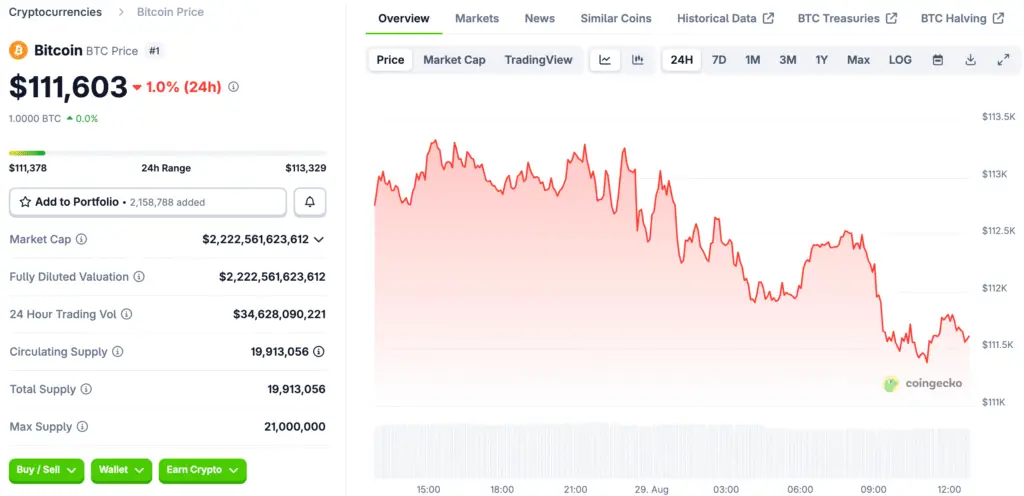Lawmakers Propose a National Bitcoin Reserve
Lawmakers in the Philippines are exploring a new strategy. They are considering a strategic reserve of 10,000 Bitcoin. This would help to counter rising public debt. This type of strategy is similar to that of Bhutan.
Bhutan already holds over 11,000 BTC. While Bhutan mined most of its BTC, the Philippines would purchase it. This shows a new approach to managing a nation’s finances. It shows that governments see Bitcoin as a valuable asset.

A Bold New Plan for Blockchain Budgeting
This Bitcoin plan aligns with other initiatives. Philippine Senator Bam Aquino wants to explore putting the national budget on a blockchain. If implemented, it would be the first nation to do so. This could create new tools for transparency.
This is currently an intention, not a concrete proposal. However, the Department of Budget already uses a local blockchain. It publishes some financial data in real time. This new plan would just expand that system.
The Web3 Industry Reacts to the News
Local Web3 stakeholders welcomed the announcement. They noted that immutable ledgers could improve audit processes. They also said that it could improve accountability for government spending. This is a very big step for the industry.
However, they cautioned that blockchain is not a cure-all. It is not a silver bullet against all corruption. They stated that effective governance and enforcement would remain essential. This shows that there are still many challenges.
Recommended Article: Bitcoin Market Outflows and the Philippines Strategic Reserve
How Blockchain Can Increase Public Trust
Placing public finances on a blockchain could increase trust. It would also improve transparency. Government actions could be made verifiable. This is especially true around a strategic Bitcoin reserve. It would ensure that the government’s actions are known.
This proposal strengthens the narrative that blockchain is more than crypto. It is a powerful tool for public accountability. This could change the way citizens view their government. It could build confidence in the system.
A Global Trend Toward On-Chain Governance
The Philippines is not alone in this pursuit. Other countries are also moving towards blockchain. Estonia uses its KSI blockchain to secure government documents. The United States is also considering publishing data. It may publish GDP data on networks.
However, experts warn of potential privacy concerns. Certain economic data may never be disclosed on public ledgers. But the interest in this area is growing. It is a growing global trend.
Navigating the Ethical and Privacy Concerns
The proposal to put government data on a public ledger is complex. Experts warn that full transparency may not be possible. Some economic data may be too sensitive to be disclosed. This is an important consideration.
The government must balance transparency with privacy. It must find a way to protect sensitive data. This is a big challenge to solve. It is a necessary one, however. The government must think about all the details.
Bitcoin and Blockchain in the Philippines
The Philippines is pursuing two major crypto initiatives. It is exploring a national Bitcoin reserve. It is also looking to put its national budget on a blockchain. These are bold and unprecedented moves.
This highlights a growing global interest. Governments are using blockchain for governance. This shows that the technology is maturing. The Philippines is at the forefront of this movement.















